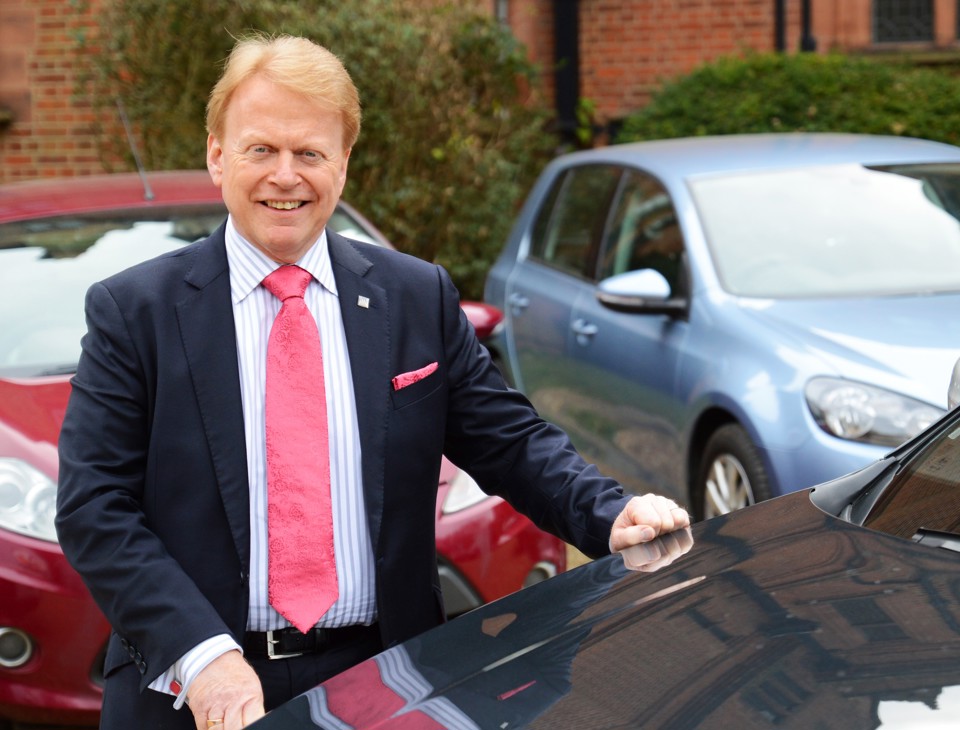Steve Nash, CEO of the Institute of the Motor Industry (IMI)
Of course, no one can argue with the spirit of the earlier deadline for a ban on the sale of new petrol, diesel or hybrid vehicles – it has all the right intentions.
But the IMI is not alone in highlighting that some serious work needs to be done if the motor retail sector is going to be ready for this complete change in the motoring landscape. And it needs a wholesale commitment from right across the sector – as well as, of course, any funding available from Government.
While there is urgent and intense debate among the manufacturing community, as well as considerable focus on the charging infrastructure required to go from today’s profile of motoring to that expected from Government by 2035, there is another equally urgent matter that needs to be addressed. And that is the upskilling of the sector to be able to cope, safely, with every aspect of the new generation of motor vehicles.
It goes beyond upskilling of the current workforce. We need to be working now to attract and build the new generation of electric vehicle experts who will know exactly what to do in the dealer’s workshop.
Currently, just 5% of the sector is appropriately qualified to work on electric vehicles so in the next 15 years the race is on to get the rest of the workforce up to speed. There also needs to be a change in attitude to attract the next generation of workers to what will be a very different motor repair environment to that of the past 20 years – never mind the past 100 in which the IMI has been operating!
Last October, the Office for Low Emission Vehicles (OLEV) gave its endorsement to the IMI TechSafe standards for people working on electrified vehicles, which comply with the Electricity at Work regulations enforced by the Health and Safety Executive (HSE).
This means there are now clear standards for those recruiting, as well as a focus for retraining for those already working in the sector.
The culmination of detailed work to develop the Electrified Vehicle Professional Standards, championed by the IMI with support from other industry bodies, the new EV TechSafe Standards give technicians an easy way to certify their EV competence. They will centre on EV qualifications, IMI accreditation, accredited training, professional behaviours and a commitment to CPD (continuing professional development) over an agreed number of years.
But there is still a big challenge ahead to ensure there are sufficient qualified technicians. Those who aren’t properly trained or equipped to work on EVs would be risking serious injury or potentially fatal shock. And while it’s easy to say it’s the Government’s job to make sure the sector is ready – there also needs to be a whole-hearted commitment from right across the sector to get EV-ready.
Currently most of the headlines focus on the latest manufacturing developments.
What worries me is whether the work is really going on behind the scenes to make sure the workforce is available to prepare, repair and maintain these new vehicles.
Without this commitment, the whole vision of a cleaner motoring environment could fall at the first hurdle.

















Login to comment
Comments
No comments have been made yet.